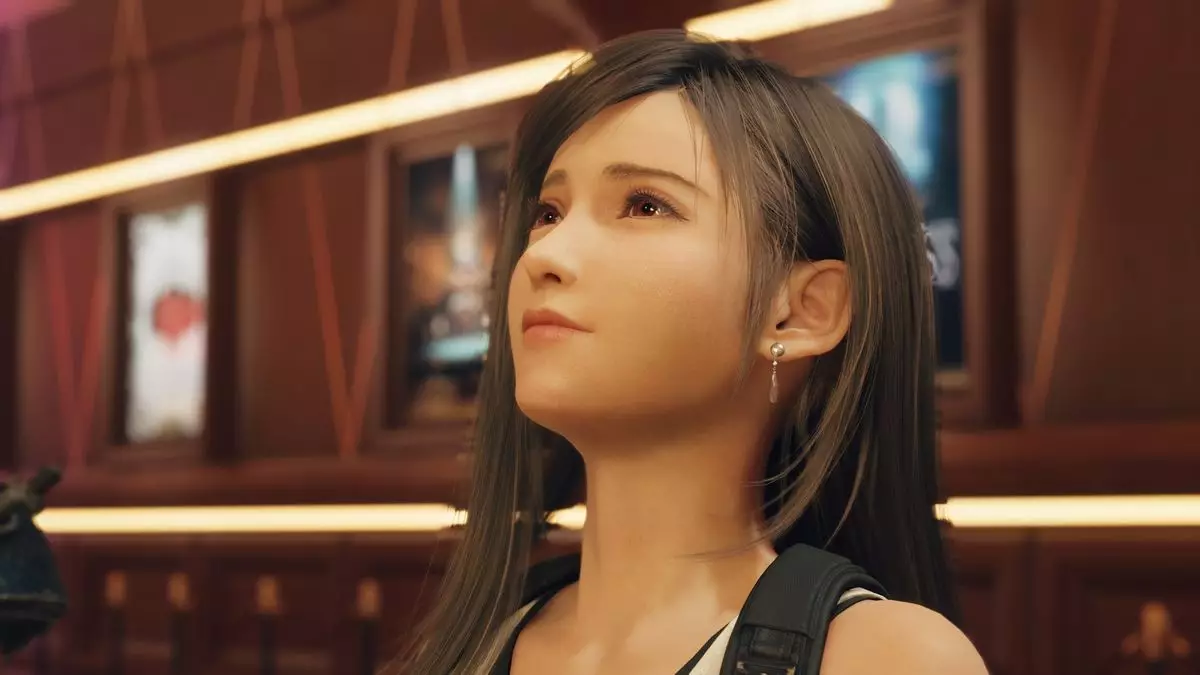The gaming industry today is experiencing a significant shift. With layoffs sweeping through various studios, many wonder how teams can sustain their productivity and creativity amidst such instability. In stark contrast, a few teams stand out because of their resilience and the strength of their collaboration. One such team is the one behind the much-lauded Final Fantasy 7 Rebirth, which has not only survived but thrived over the last decade. Director Naoki Hamaguchi recently voiced his thoughts on the importance of teamwork and the knowledge accumulated over years of collaborative work, particularly in light of the impending release of the next installment in their trilogy.
During a recent interview at the Golden Joysticks Awards 2024, Hamaguchi reflected on the journey of his team, emphasizing the invaluable experience they have garnered over the years. He shared how working together for nearly ten years has honed their skills and deepened their understanding of the game-making process. “My team has developed so much together, grown so much, gotten so much experience and knowledge while working on the Remake trilogy,” he remarked, allowing a glimpse into the intricate dynamics that bind the team. This sentiment highlights a critical aspect of game development: the power of sustained collaboration.
As the game industry becomes increasingly competitive and the expectations from players escalate, the accumulation of knowledge and experience within a single team can provide a distinct advantage. The shared history allows group members to learn from one another and develop a cohesive vision, crucial for creating complex narratives and polished gameplay mechanics.
Navigating Industry Challenges
While many studios face uncertainty, Hamaguchi’s optimism stands out. He noted how his team remained intact despite broader industry trends that have seen talent either laid off or acquired. The normalcy of mergers and studio buyouts can threaten a team’s stability; however, the Final Fantasy 7 crew has navigated these turbulent waters with an impressive sense of unity. This is not only due to their shared technical skills but also their collective passion for the project.
In the midst of change and upheaval surrounding them, Hamaguchi’s acknowledgment of how well his team has maintained its core talent underlines a deeper understanding of the industry’s needs. Modern game development is a colossal endeavor that demands both technical expertise and an ability to innovate. Relying on an experienced team becomes critical, especially given the growing complexity and the rising costs associated with producing high-quality games.
As the team gears up for the completion of the much-anticipated Part 3 of their saga, Hamaguchi expressed enthusiasm for future projects, alluding to the potential paths they could take beyond this trilogy. Will they continue the Final Fantasy brand? Or venture into entirely new territories? “I really don’t know yet at all. It could be the next numbered Final Fantasy. It could be a completely different brand,” he revealed. This uncertainty can be fraught with anxiety, but it also opens doors to creative possibilities that can be exciting for both developers and fans.
The knowledge amassed by the team will undoubtedly be a pivotal element in whatever direction they choose to pursue. Transitioning from one project to another while building on previously acquired skills can foster not just improvement but innovation. The synergy and trust developed over years of collaboration allow for experimentation and boldness in design, ideally resulting in more enriching gaming experiences.
The narrative surrounding Final Fantasy 7 Rebirth underscores the significance of team cohesion in an industry often characterized by volatility and constant change. Hamaguchi’s insights reveal that the foundation of successful game development lies not only in the technical abilities of individual developers but in the collective strength of the teams they form. As they complete this ambitious trilogy, the future remains bright for Hamaguchi and his team, fueled by their shared experiences and the bonds they’ve established. For all game developers facing tumultuous landscapes, it serves as a beneficial reminder of the power derived from working in harmony. Building a strong, consistent team may very well be the key to overcoming the industry’s challenges and achieving lasting success.


Leave a Reply